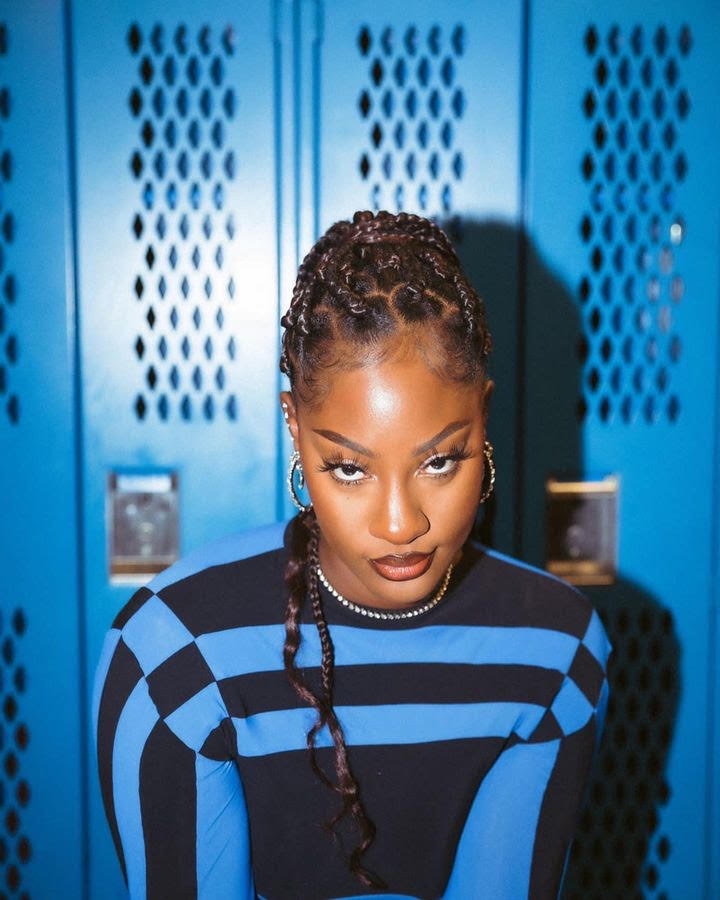Singer-songwriter Jordyn Shellhart’s family moved to Nashville when she was 10, dedicated to assisting the precocious musical talent pursue her dreams. Within a few short years, Shellhart’s aspirations were shifting to reality; by age 16, she had inked her first publishing and record deals and played on the Grand Ole Opry stage.
This was the mid-2000s, at a time when another talented teen named Taylor Swift was just beginning to turn the country music scene upside down.
“It was on the heels of that phenomenon, so people were more willing to sign younger artists and I was a benefactor of that,” Shellhart recalls. However, things quickly went sideways. “I lost my voice and my record deal and had to totally regroup. I started over as a songwriter, trying to figure out what my life looked like in music without being a singer. It was pretty jarring at the time, but looking back, it was the best thing that ever happened to me.”
While working with vocal coaches to reclaim her voice, Shellhart became laser-focused on songwriting, earning her first cut at age 19 when Don Williams recorded “I Won’t Give Up on You.” More cuts followed, including “Secondhand Smoke” and “I Guess They Call It Fallin’,” both recorded by Kelsea Ballerini, “How You Love Someone,” recorded by Mickey Guyton, and “I Always Wanted To,” first recorded by Cody Johnson and later Garrett Hedlund. Along the way, she’s worked in writing rooms alongside legendary songwriters like Lori McKenna, Tom Douglas and Allen Shamblin.
Her previous cuts, plus Little Big Town earning a 2021 Grammy nomination for best country duo/group performance for the quartet’s recording of her song “Sugar Coat,” positioned Shellhart as one of country music’s most formidable new songwriters.
But Shellhart felt a yearning to be a performing artist again. Earlier this year, Shellhart, 28, released her debut Warner Music Nashville single, “Who Are You Mad At,” which she wrote with Marc Beeson and Shamblin. A full album is slated for later this year.
“It feels like returning to myself, like coming home,” Shellhart says.
Shellhart spoke with Billboard about her early career success, reclaiming her physical and artistic voice and crafting her upcoming album.
How did “Who Are You Mad At” come about?
Marc and Allen are two of my favorite songwriters, and we write quite a bit together. One day, Alan had this experience with someone that he was telling us about and I think most of us have been on the receiving end of someone’s rage, or disproportionate reaction to something that maybe we didn’t even do. I totally understood what he was going through and just started singing the chorus. It was just born out of that conversation.
This marks a homecoming of sorts for you, after going through a journey of losing — and regaining — your voice. What was that like?
It was a slow process. I was touring and performing a lot and it became difficult. I was never sure if my voice was gonna show up or not. So it was this mental anguish before I would have to sing. From there, it progressed to the point where I couldn’t talk anymore. Looking back, I feel like it was probably sort of a psychological spinout, basically just stressing myself out about it, and it made it worse. I think everyone carries stress differently — and for me, it got locked up right in my throat. It was pretty traumatic, looking back on it.
And you turned to songwriting.
It was by accident. My publisher at the time at Sea Gayle, Chris DuBois, was so supportive of me. He was like, “OK, you have nine months left in your deal, and let’s figure this out. Let’s keep trying to create.” So I started writing by myself for the first time. I learned how to write songs through co-writing at 14, while so many other people start out writing [solo] in their bedrooms. But my formative writing years were in rooms with older, superior writers. It took me losing my voice to go back to that innocence of, “What do I want to say, by myself, as a writer?”
Then you teamed with Lori McKenna and Josh Kerr to write “Sugar Coat.”
Lori was so gracious, and I don’t think Josh or I had written with her much before. I remember that first trip [to McKenna’s home near Boston], we just threw out all of these ideas and wrote two other songs, before she said, “I have this thing that I want to try to write,” and pretty much read what is the chorus of “Sugar Coat.” So we helped finish out the verses and the melody, and in the process, just got to absorb her brilliance that day.
You also wrote “I Always Wanted To” with Tom Douglas and Allen Shamblin.
That was one of the craziest co-writes for me. I got the idea for that song in the shower and just started writing the chorus, not really knowing what it was about, but knowing it was from the perspective of a guy who never did the things he wanted to do. It was my first time writing with Tom and Allen together. I shared that chorus, and Allen said he had verses he had written — and they are exactly what you hear in the song. Tom laughed and stared at us and said, “Guys, put that chorus with those verses and let’s go to lunch.” Allen didn’t have a melody with his verses, so I just sang the melody I had for the chorus around those verses and it was seamless. I’ve never had that experience before.
You have a new record deal with Warner and are returning to being a performing artist. Obviously, you are an adult now, but what else is different about being an artist this time around?
I think as a kid, I was so defined by being a singer — I had this death grip on it, because it was the only thing I felt like was worthy about me, and the only thing I had to offer anybody. So having that taken away from me, it made me reckon with my place in the world. So, for the last 13 years, I’ve been learning what it’s like to be human apart from the gifts I’ve been given. Eventually my voice came back, but it took awhile before I was brave enough to try recording again.
You started working with producer Cameron Jaymes, and you will have an album out later this year.
Cameron and I went into making this album with the lowest stakes. He was like, “Let’s just make something for you and maybe we get more co-writes out of it.” He was pulling favors with our friends who played instruments. Then Warner reached out, because they had cut a few of my songs on their artists. As soon as I started recording with Cameron, it felt like returning to myself, like returning home. I started engaging with Warner and co-chair/co-president Cris Lacy came by the studio and listened to the whole project. I felt like I was being seen and heard in such a real way. I just tried to cut songs that I knew I would feel annoyed if anyone recorded them except me.
As an artist, who would you most want to collaborate with in the future?
I would love to collaborate with SZA. I listen to her lyrics and I just feel a connection, like she speaks the same language as me a bit, and I find that inspiring. But also, just growing up listening to country music, I love storytellers in general. Joni Mitchell, Paul Simon, Kris Kristofferson, those are people who can just write a song and tell a story.
What was the first concert you remember seeing?
LeAnn Rimes. I saw her in California when I was like eight years old.
What is one song you wish you had written?
“Bridge Over Troubled Water.”
What are your must-haves when you are on the road?
The only thing I require before a show is hot tea or hot water and honey. That’s the only real diva thing I have at this point.



